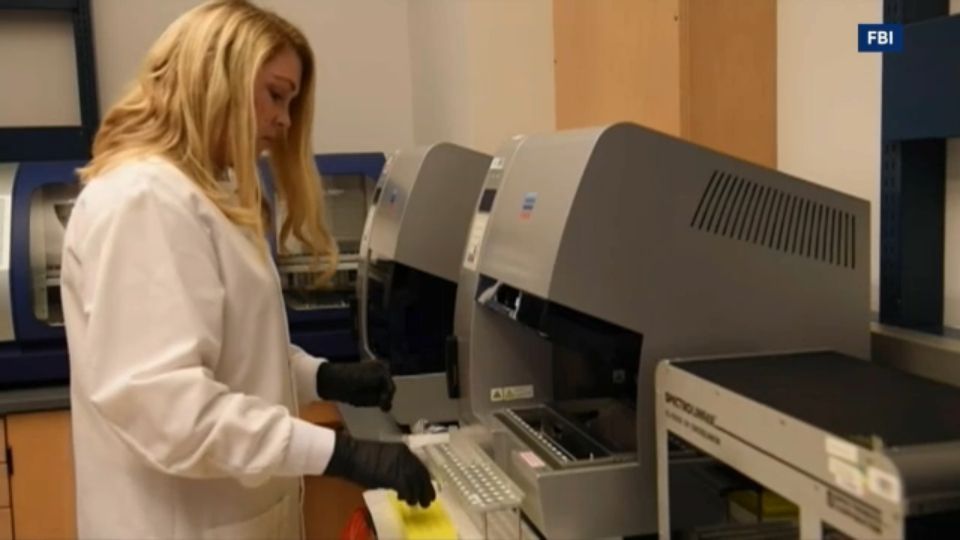The advances in “touch DNA" technology is making it possible for police to reopen some cold cases.
The Crime Lab in Quantico, Virginia analyzes DNA from around the country and from our area. Lab technicians examine touch DNA, an advanced form of DNA testing.
"The testing procedures and kits that we use have become more and more sensitive and as a result of that we often obtain more DNA profiles that are successful because of this increased sensitivity," said Monroe County Crime Lab Forensic Biologist Robert Visca.
He analyzes touch DNA, minute cells that could provide a DNA profile.
"Ideally, the more DNA that we have, the better success rate that we have in obtaining a DNA profile,” he said. “When we have very low quantities of touch DNA or DNA in general on an item, then our overall success rates are much lower in obtaining a profile that’s suitable for comparison to an individual in question.”
Touch DNA is transferred to a surface by someone simply touching the surface or an item. Tiny cells can be left behind that could be enough for a DNA match.
"Standard DNA, you might get from a fluid sample, maybe blood, saliva some type of other bodily fluid or tissue, whereas touch DNA would be more transfer," said Sgt. David Kaiser from the Gates Police Department.
He is a trained crime scene technician.
"There’s items that can be submitted to the crime lab where DNA can be extracted and if they can hit on someone who is in the DNA data base, or obtain a sample from a supposed suspect, they really allow us to close out some cold cases, gives new leads,” he said. “It’s really been beneficial."
Touch DNA can be found on murder weapons like an axe, as in the case of the 1982 Brighton homicide. The suspect was arrested on Friday and the case is set for trial in June.
It can also be found on an umbrella, like the one in the Xerox Federal Credit Union murder robbery case from 2003, which landed a conviction last week.
It is becoming more and more successful at helping authorities solve crimes, if the touch DNA is preserved well.
"There are several factors that are going to impact DNA preservation: time and environment. So, if an item is kept well preserved in a cool, dry environment it could potentially give us a result for decades," said Visca.
The Gates Police Department believes in the technological advances in DNA so much, it’s hiring a full time investigator come January to focus solely on cold cases.
"It’s giving us the ability to open up cold cases that we previously had absolutely no way of closing," said Kaiser.
